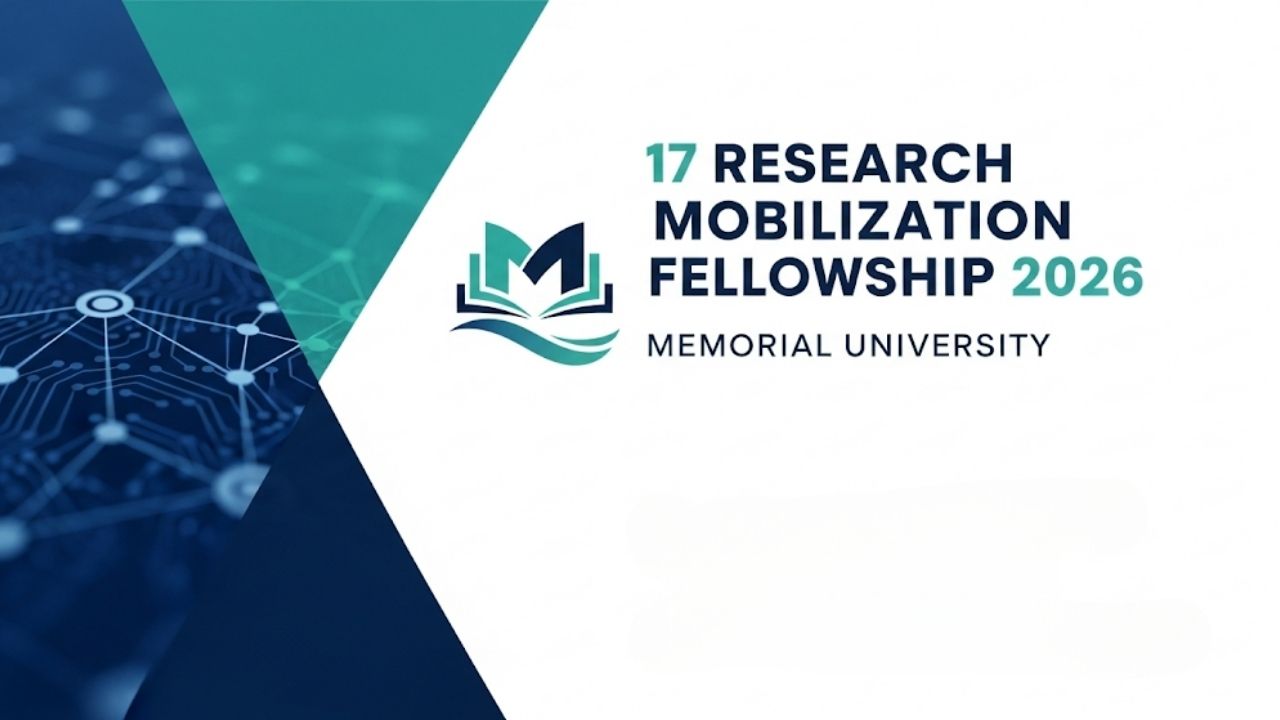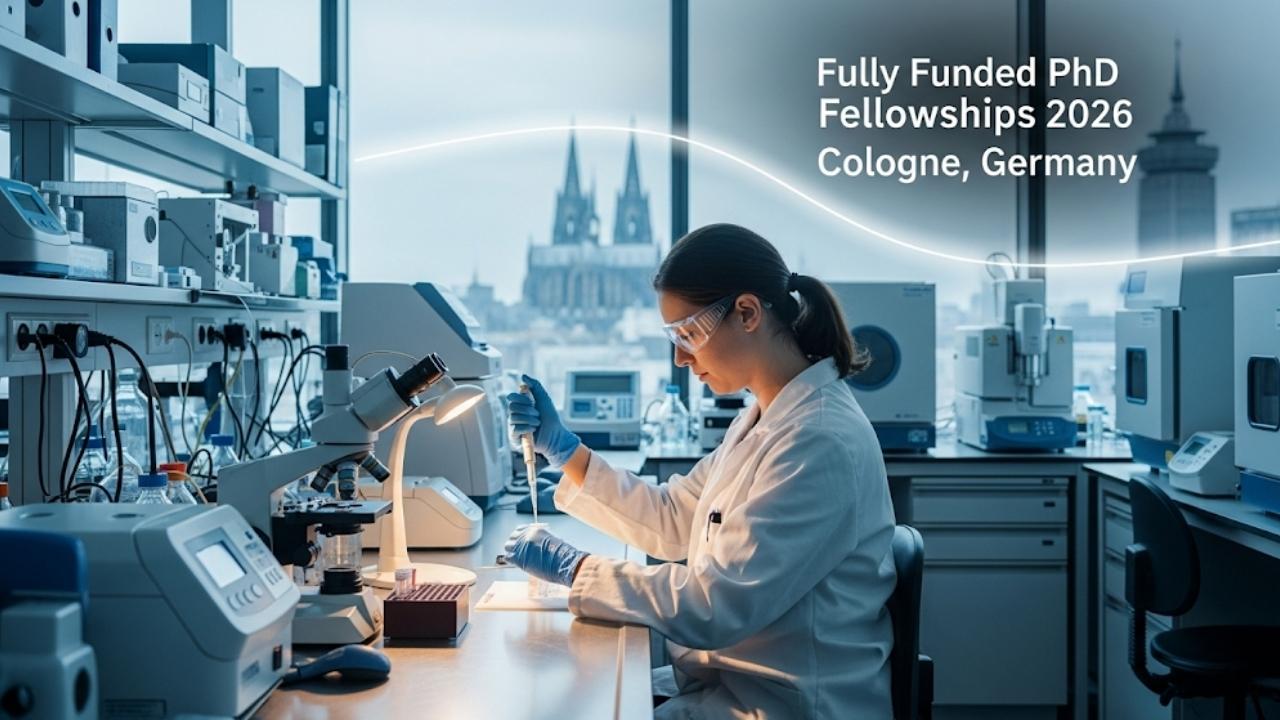Are you captivated by the mysteries of the universe, dreaming of a career that delves into the very fabric of space and time? If so, then securing a PhD Fellowship 2025 in Astrophysics at IAC in Spain might just be the stellar opportunity you’ve been waiting for. This isn’t just a scholarship; it’s your launchpad into groundbreaking research at one of the world’s most renowned astronomical institutes. As someone who has advised countless aspiring astrophysicists, I can tell you that the path to a PhD can feel daunting, but with the right guidance and encouragement, it’s absolutely within your reach. This comprehensive guide will illuminate the process, offering practical, actionable, and inspiring advice to help you successfully navigate your application journey.
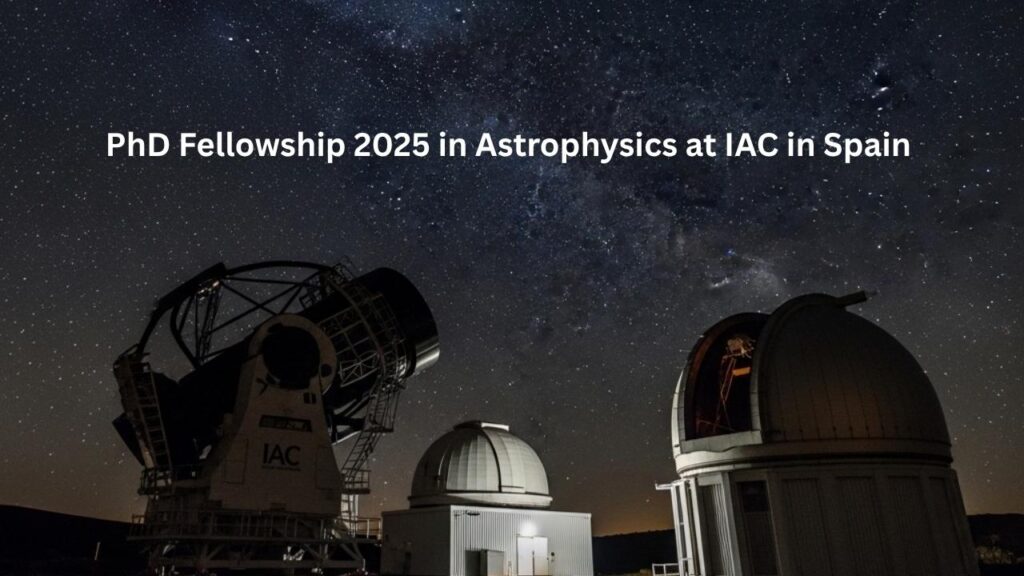
Why the Instituto de Astrofísica de Canarias (IAC) is Your Ideal Destination
The Instituto de Astrofísica de Canarias (IAC), located on the stunning Canary Islands, is not merely a research institution; it’s a global hub for astrophysical excellence. Designated a Severo Ochoa Centre of Excellence, the IAC boasts world-class observational facilities, including the Gran Telescopio Canarias (GTC), the largest optical telescope in the world. Imagine conducting your PhD research with access to such cutting-edge instruments! The IAC’s commitment to fostering international collaboration and providing a stimulating research environment makes it an unparalleled choice for aspiring astrophysicists.
A Beacon of Research and Innovation
The IAC’s research activities are structured around six primary lines, covering a vast spectrum of astrophysics, from solar physics to cosmology. This diverse research landscape means you’ll find ample opportunities to align your interests with ongoing projects, ensuring a rich and impactful PhD experience.
- Solar Physics (FS): Delving into the sun’s mysteries and its connection to Earth.
- Exoplanetary Systems & Solar System (SEYSS): Exploring worlds beyond our own and within our celestial neighborhood.
- Stellar & Interstellar Physics (FEEI): Understanding the birth, life, and death of stars and the medium between them.
- The Milky Way and the Local Group (MWLG): Unraveling the structure and evolution of our home galaxy and its closest companions.
- Formation & Evolution of Galaxies (FYEG): Tracing the cosmic journey of galaxies from their origins to their current forms.
- Cosmology & Astroparticles (CYA, CTA): Investigating the universe on its grandest scales and the enigmatic particles that fill it.
Understanding the PhD Fellowship: What You Need to Know
Securing a PhD Fellowship 2025 in Astrophysics at IAC in Spain typically involves a highly competitive application process. These fellowships are designed to attract bright, motivated individuals ready to contribute significantly to the field. While specific details for the 2025 call will be released closer to the application period (often around February each year), we can draw insights from previous calls to prepare you effectively.
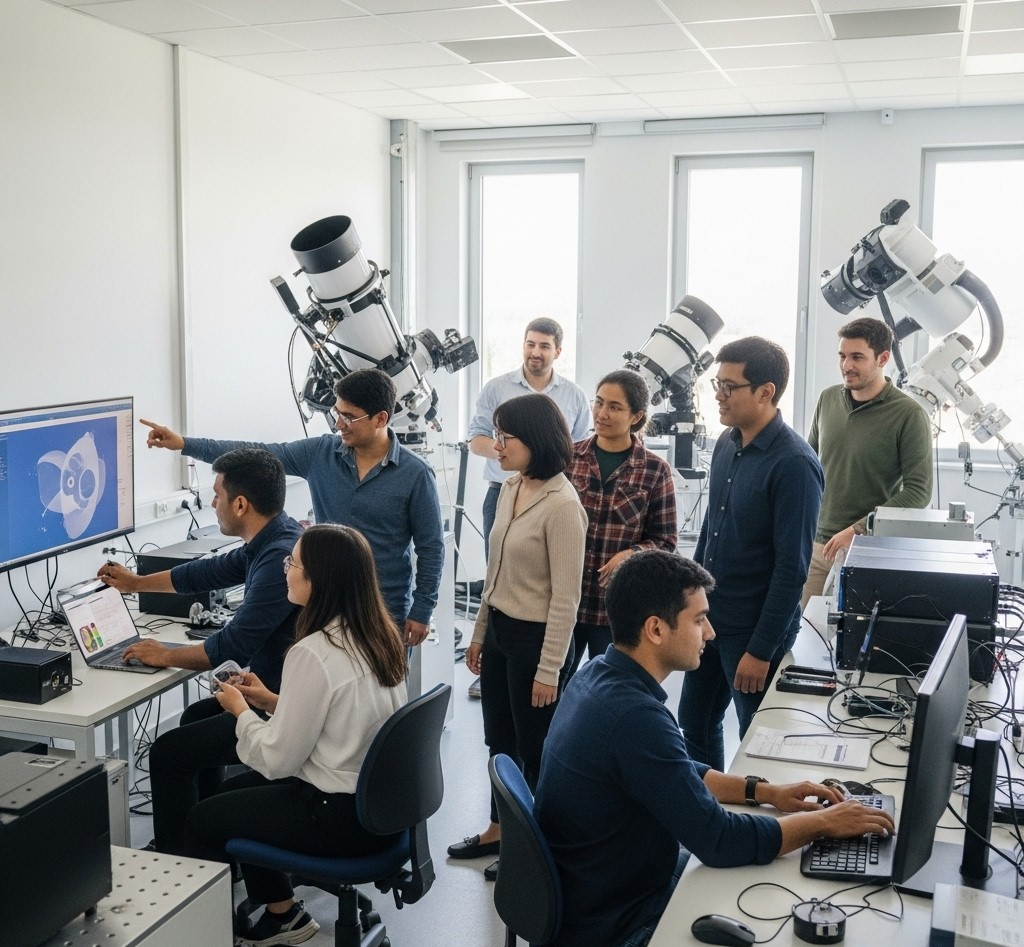
Key Requirements and Eligibility
Generally, successful applicants for an Astrophysics PhD Spain at the IAC possess a strong academic background in Physics or Mathematics. Here’s a breakdown of common requirements:
- Academic Degree: You must hold a degree in Physics or Mathematics that satisfies the admission requirements of the University of La Laguna (ULL) PhD Programme in Astrophysics, with which the IAC has a strong collaborative agreement. This usually means having an MSc, or an undergraduate degree with at least 300 ECTS credits, of which at least 60 credits should correspond to an MSc Degree [Fermi LAT Collaboration – PhD Position at IAC].
- Academic Performance: A high academic record is crucial. Often, a degree score of 7.0 (on a scale of 1 to 10) or higher is required, with a score of 7.5 or higher for Bachelor’s plus Master’s degrees [Fermi LAT Collaboration – PhD Position at IAC].
- Recent Graduation: Typically, your undergraduate or MSc degree must have been obtained on or since a specified recent date (e.g., January 31, 2020, for a previous call) [Fermi LAT Collaboration – PhD Position at IAC].
- Language Proficiency: A B1 level in English (or Spanish if you are an English speaker), as detailed in the Common European Framework of Reference (CEFR), is usually a requirement.
- Nationality: While non-EU citizens can apply, be aware that obtaining the necessary documentation to live and work in Spain (like an NIE card) will be a prerequisite for signing the contract if selected [Fermi LAT Collaboration – PhD Position at IAC]. The IAC is committed to assisting successful candidates with this process.
The Application Process: Your Step-by-Step Guide
The application process is meticulous, requiring attention to detail and thorough preparation. Here’s a general overview, based on past calls:
- Prepare Your Documents: This is where the meticulous planning comes in. You’ll need:
- A completed and signed application form (often a specific Annex IV provided by the IAC).
- A photocopy of a valid passport (for non-Spanish citizens).
- A photocopy of your university degree.
- An official academic certificate with stamps, completion dates, a list of subjects, and grades. If subjects aren’t graded in ECTS, you’ll need to convert them. Translations into Spanish or English are required for certificates in other languages.
- A comprehensive Curriculum Vitae (CV) detailing previous fellowships, results, grants, and recognized merits.
- Proof of your B1 English language level (or Spanish, if applicable).
- Supporting documents for any additional merits you wish to have considered by the selection committee [Fermi LAT Collaboration – PhD Position at IAC].
- Identify Your Research Interest: While the IAC offers broad research lines, successful applications often demonstrate a clear alignment with the institute’s ongoing projects. Spend time exploring the specific research groups and their current work on the IAC website.
- Craft a Strong Motivation Letter: This is your chance to shine! Clearly articulate why you are passionate about astrophysics, why you want to pursue your PhD at the IAC specifically, and how your skills and research interests align with their work. In my experience advising students, a common hurdle is not clearly connecting their aspirations to the specific opportunities available. Don’t just state your interest; demonstrate it.
- Secure Letters of Recommendation: Strong letters of recommendation from professors or mentors who know your academic abilities and research potential are invaluable. Ensure they are sent directly to the IAC by the recommenders themselves, as per instructions.
- Submit Your Application: Pay close attention to the application deadline and submission method. Late applications are generally not considered.
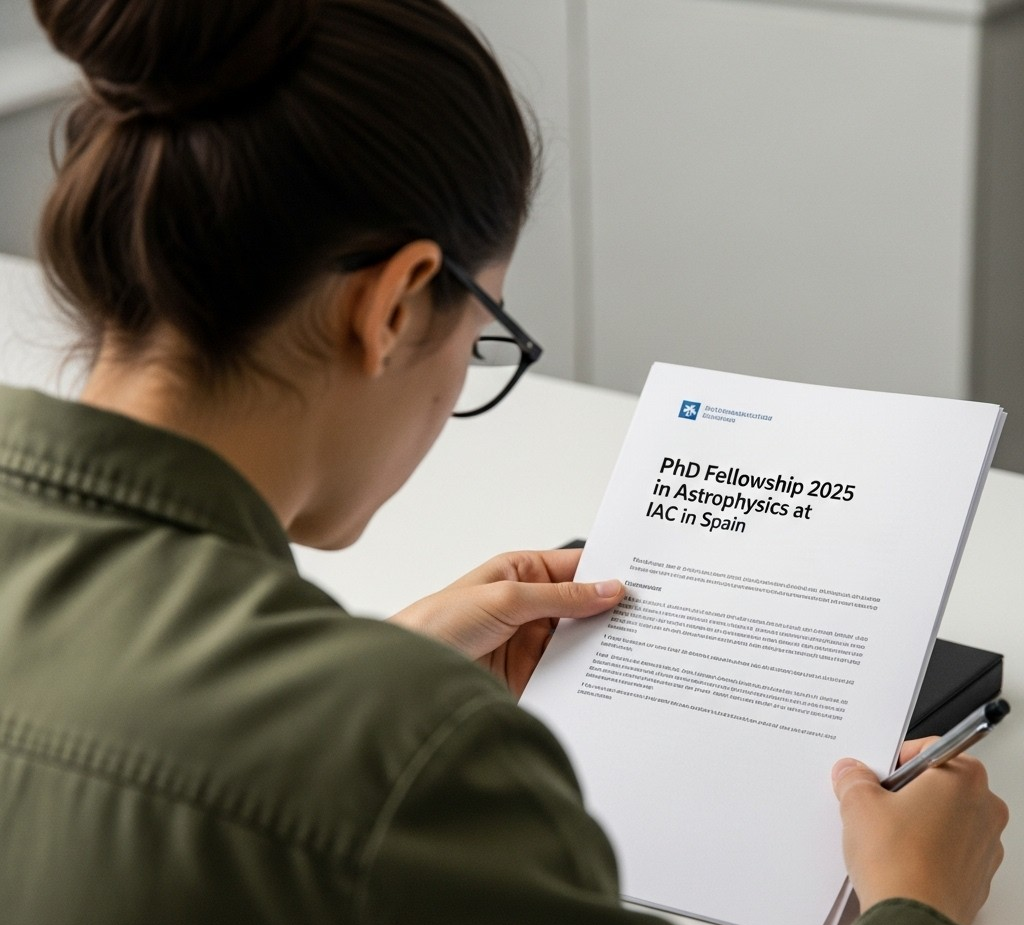
Funding and Remuneration
A fully funded PhD program is a major draw, and the IAC fellowships provide significant financial support. For instance, previous predoctoral contracts offered competitive remuneration (e.g., approximately €20,481.90 per year for the first and second years), with yearly renewals based on positive progress evaluations [Fermi LAT Collaboration – PhD Position at IAC]. Furthermore, students who complete their PhD before their contract ends may be eligible for a “Postdoctoral Training Period” (POP) of up to 12 months with a significant salary increase, providing a valuable bridge to their postdoctoral careers. This level of support ensures you can focus on your research without undue financial stress.
Cost of Living in Tenerife: While specific costs can vary, Tenerife offers a more affordable cost of living compared to many major European cities. For a student, an estimated monthly budget of €900 to €1000 can cover basic needs like accommodation, food, and transportation [Digit Insurance – Cost of Living in Spain]. Rent for a private room in a shared apartment can be around €300-350 per month, with utilities typically ranging from €70-150 [Erasmus Play – Student Housing Tenerife]. This makes the fellowship stipend quite comfortable for living in the Canary Islands.
Life as a PhD Student at IAC: Beyond the Lab
Life as a PhD student at the IAC is more than just research. You’ll be part of a vibrant, international community, with opportunities for collaboration, learning, and personal growth. The IAC fosters a stimulating environment where intellectual curiosity thrives. You’ll gain independence in your research, gradually taking ownership of projects and contributing original ideas. While the work can be demanding, with plenty of reading, writing, and deep thinking, the flexibility in structuring your day is a common advantage of PhD life. You’ll attend seminars, participate in conferences, and perhaps even mentor junior students, all while immersing yourself in the cutting-edge of astrophysical discovery.
The UK Smart Data Research Fellowships 2025 Await Your Vision
FAQ
Q1: When do applications for the IAC PhD Fellowships typically open?
Applications for the IAC PhD Fellowships in Astrophysics usually open around February each year. However, it’s always best to check the official IAC website for the most up-to-date information regarding specific calls for the PhD Fellowship 2025 in Astrophysics at IAC in Spain.
Q2: Is it mandatory to have a Master’s degree to apply for the PhD program at IAC?
While a Master’s (MSc) degree is the most common path, applicants with an undergraduate degree who have accumulated at least 300 ECTS credits, with a minimum of 60 ECTS corresponding to an MSc degree, may also satisfy the admission requirements of the University of La Laguna’s PhD Programme in Astrophysics, with which the IAC is affiliated. Always verify the specific ULL requirements.
Q3: What is the duration of the PhD fellowship at IAC?
The IAC typically offers four-year predoctoral contracts, which are renewable yearly based on a positive evaluation of the student’s progress and activity plan by the Graduate Students Division Board.
Q4: What is the typical remuneration for an IAC PhD Fellowship?
Based on previous calls, the remuneration for the first and second years of the predoctoral contract can be around €20,481.90 annually. This stipend is generally sufficient to cover living expenses in Tenerife.


